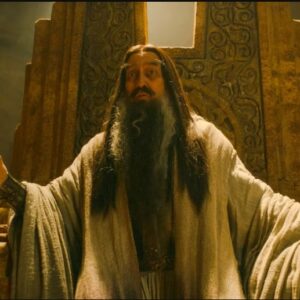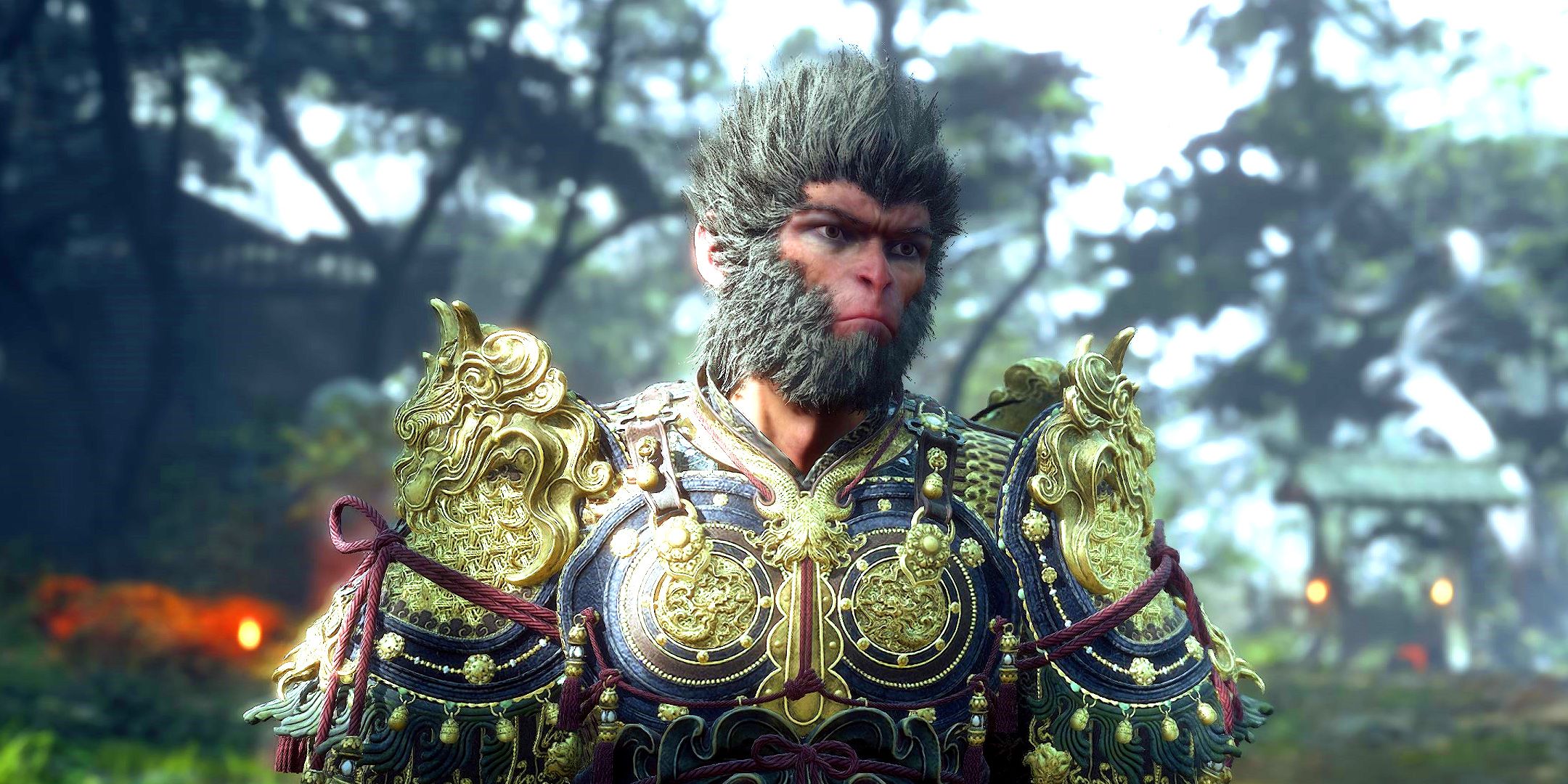
My personal allegiances tend to lie more on the soulslike side of things, although I’m not especially dogmatic about what should qualify. Sekiro, which strays pretty far from the core RPG elements of the genre, is my favorite thing to come out of Dark Souls developer FromSoft. I was drawn to Black Myth: Wukong largely as something that might loosely fall into a similar vein, and the interesting subject and gorgeous presentation made it look like a more confident and unique project than many others I’ve tried.
Free Respecs Are Great In Black Myth: Wukong
Black Myth: Wukong Doesn’t Emphasize Permanence
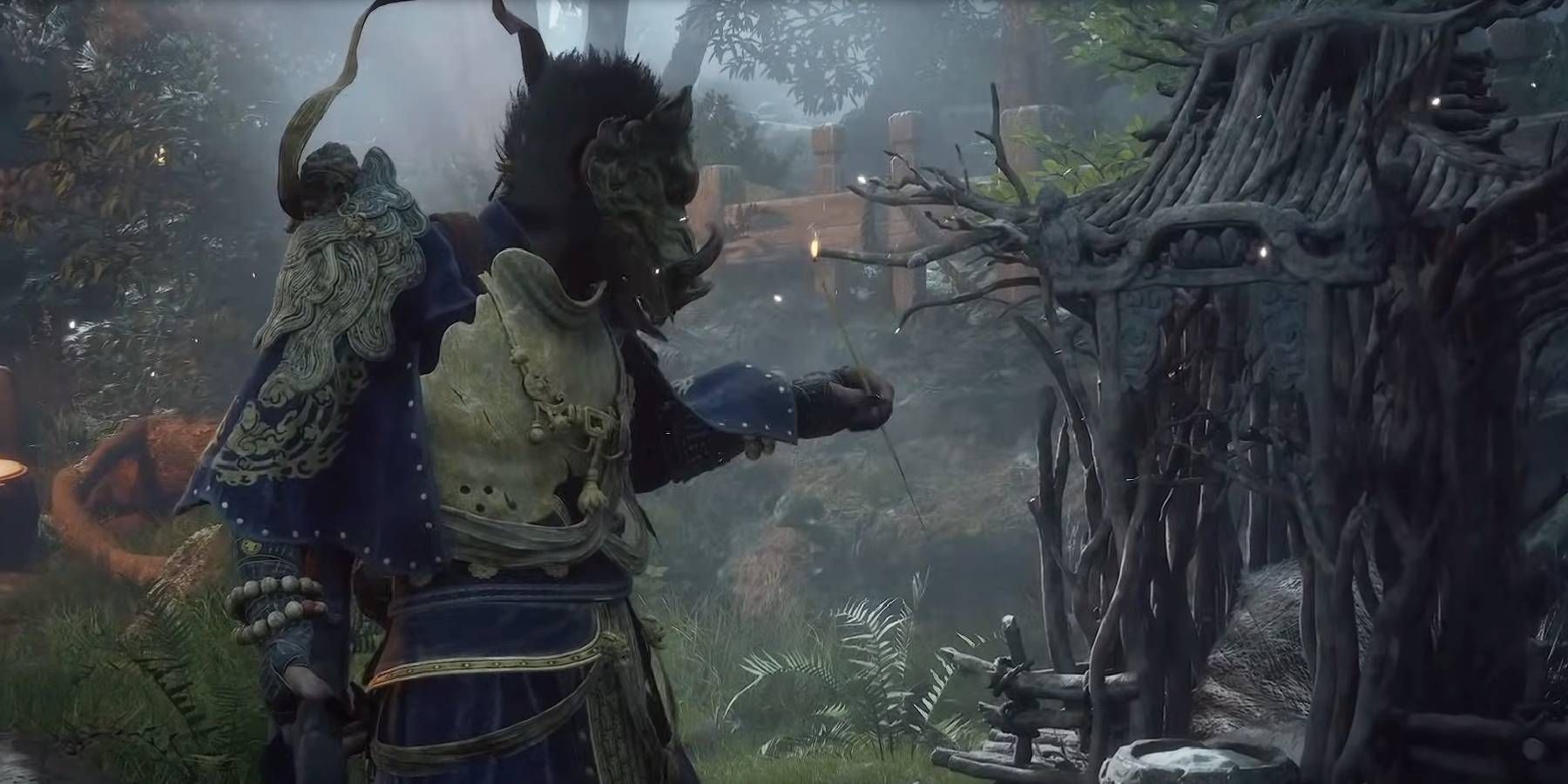
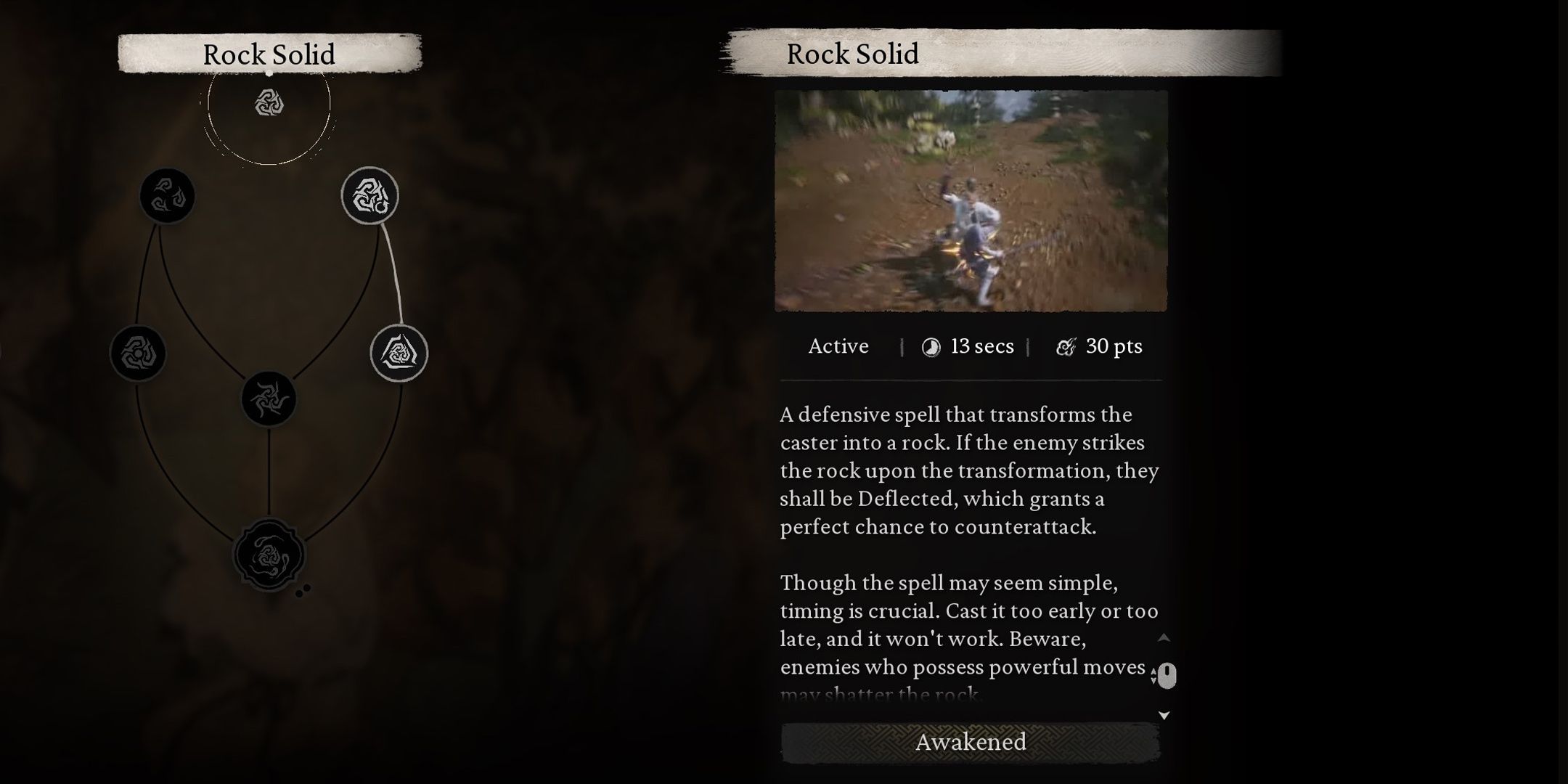
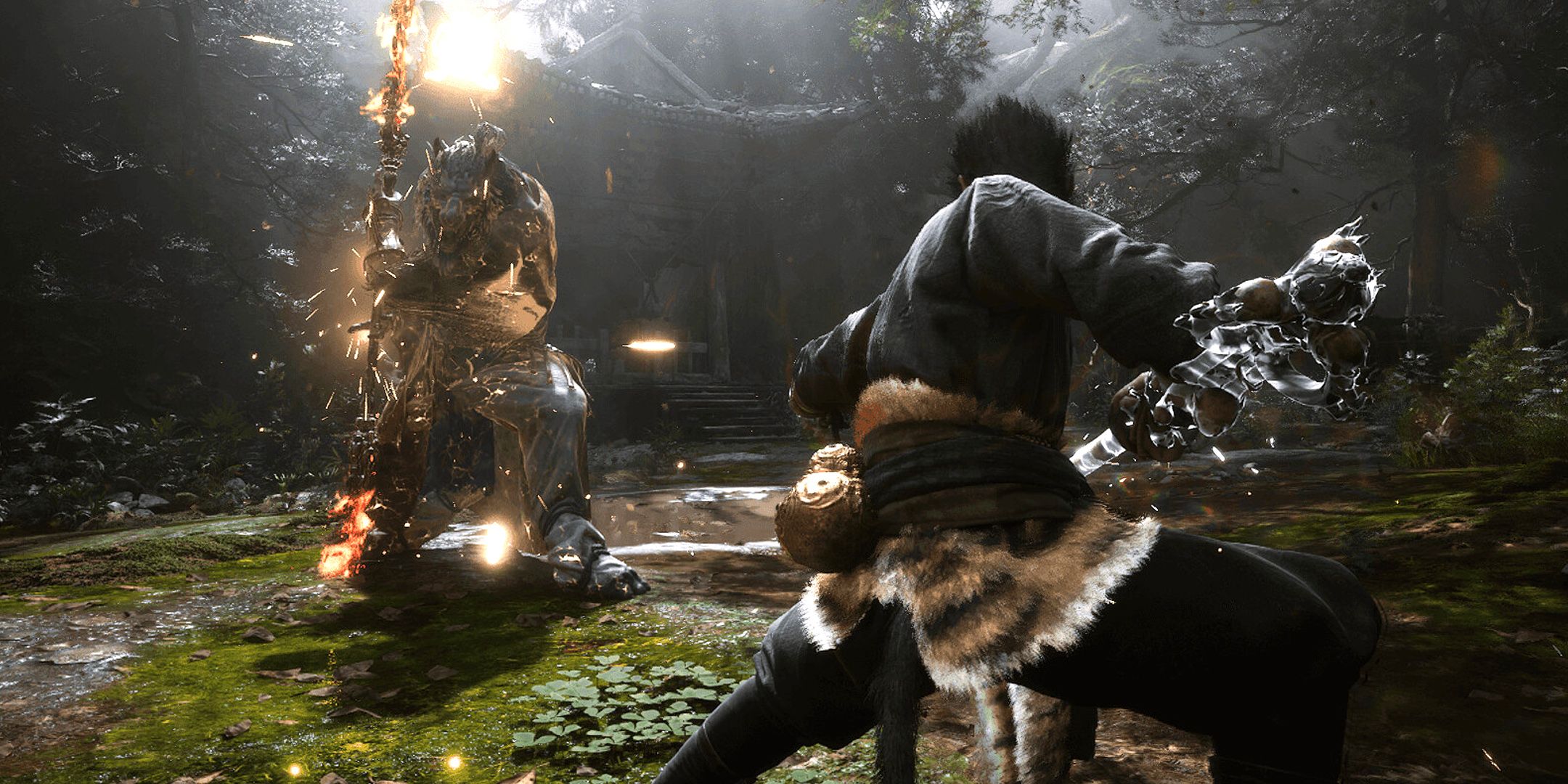
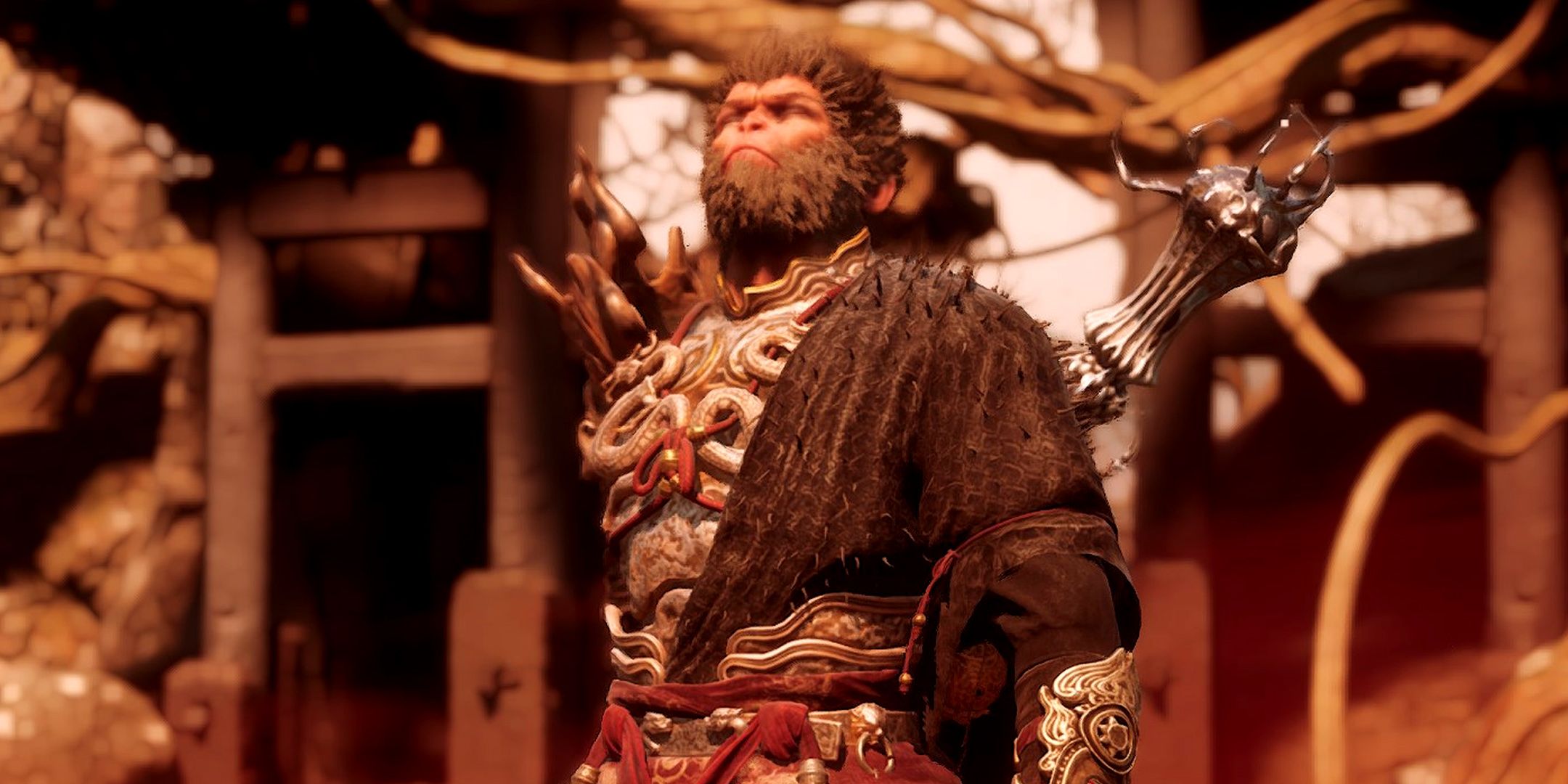
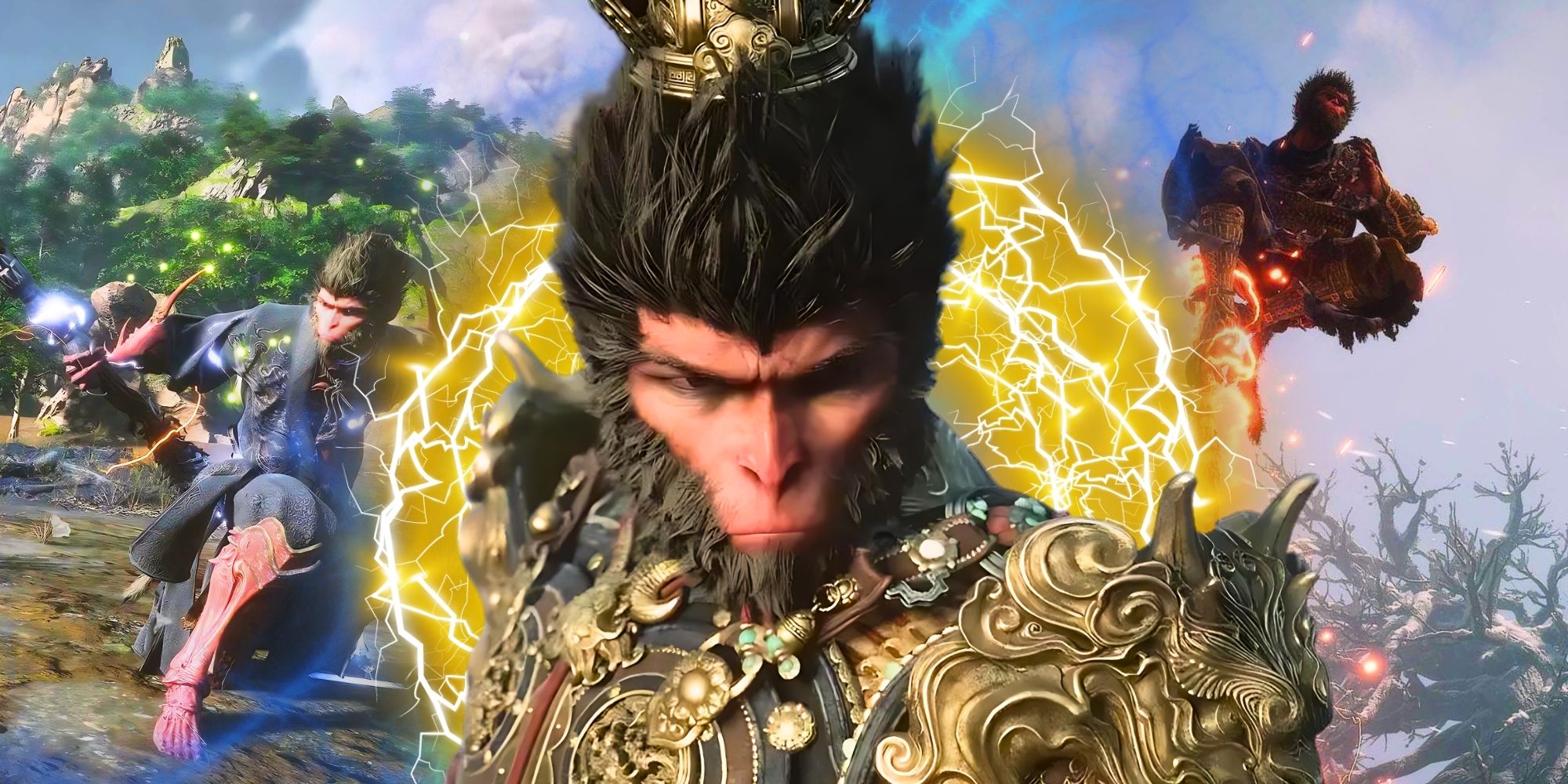





As far as action RPGs go, Black Myth: Wukong takes a reasonably streamlined approach to character-building, primarily restricting weapons to variants of a staff with a standardized moveset. When it comes to that moveset and other combat abilities and stats, however, the game fans things out across a variety of options. If I’m not playing a strategy game like Sid Meier’s Civilization, I tend to be easily overwhelmed by robust skill trees, and choosing between dedicating points to core stats or interesting combos could have easily left me deadlocked.
In Black Myth: Wukong, however, there’s no punishment for making a choice that doesn’t end up feeling right. Respeccing is not only available for almost every option, but it’s also completely free across the board, and it’s possible to initiate the process at any of the Keeper’s Shrine save points found throughout the game. Having this luxury at hand made me a lot more willing to keep the Destined One up to date, curbing my tendency to let skill points linger in the fear that I might need them for a specific use when a boss inevitably gives me trouble.
Black Myth: Wukong’s Respeccing Respects My Time
Bosses Should Be Punishing, Not Build Choices
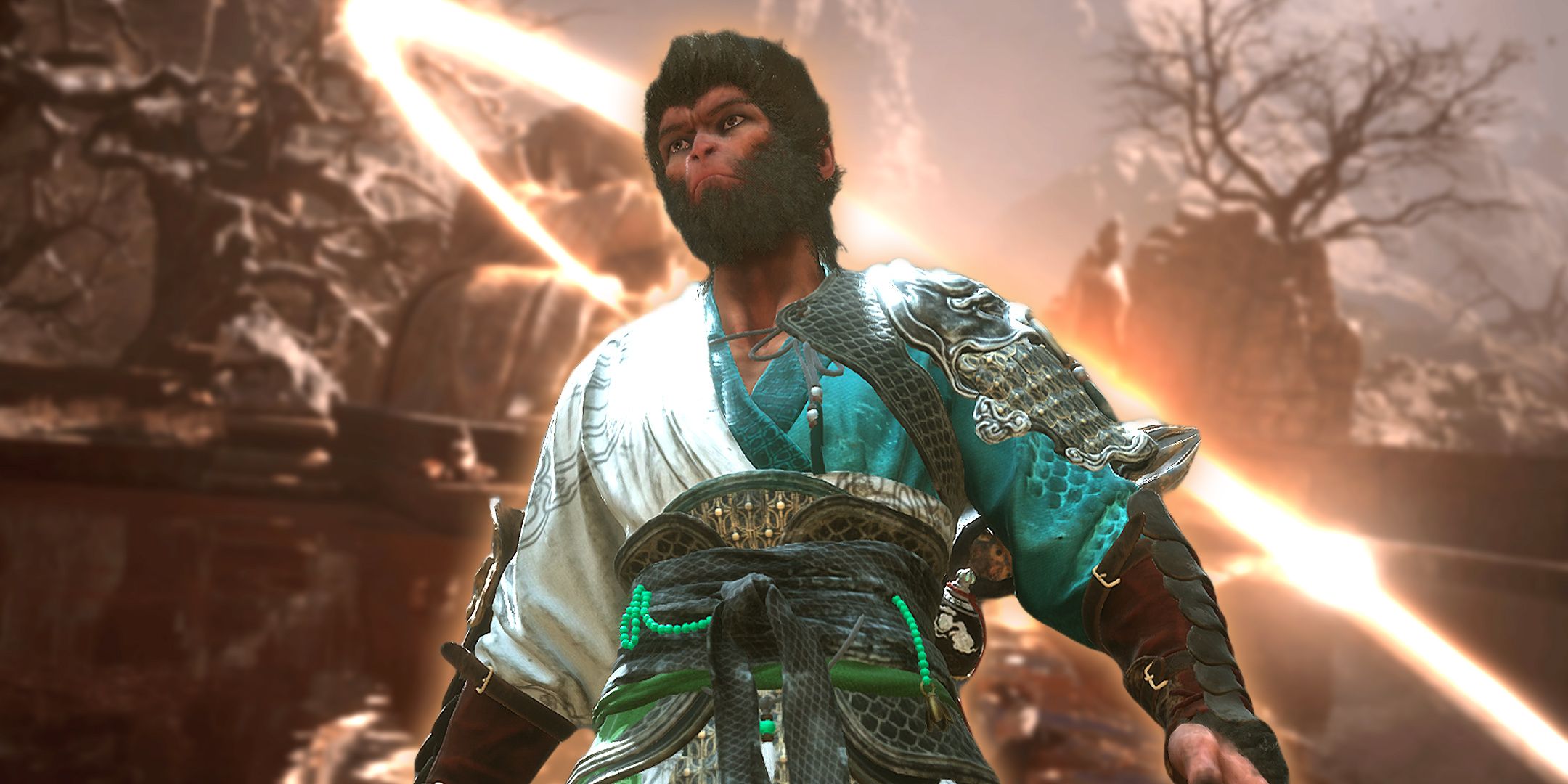
There’s definitely a merit to making choices and sticking with them, and when it comes to aspects like storytelling in RPG, I’m a big proponent of having decisions matter. As far as mechanical character builds go, I’ve never been as sold. It can vary wildly from game to game, but “investing in a build” all too often feels like a nice way of saying that experimenting with different playstyles will require grinding. As much as I love playing games thoroughly, I’m allergic to grinding for the sake of grinding, and making flexibility require busy work is an exchange I dislike.
When I ran up against a boss in Black Myth: Wukong that felt like a wall, I could jump into the menus and think about what I could adjust without having to set points aside to do so. More than anything else, it’s a design choice that respects my time, allowing me to focus on the best parts of the game and try out various perks that I might not otherwise touch in a playthrough.
Individual skills can be respecced without resetting everything, making it easy to tweak builds in minor ways.
Black Myth: Wukong isn’t a game that completely gets rid of filler, and despite how thrilling some sequences can be, some areas drag on without much variety. All the same, free respeccing helps to keep things moving, and it largely feels like an experience that puts the focus on forward momentum in a rewarding way.
More Action RPGs Should Embrace Free Respeccing
It’s Not Always The Right Fit, But It’s Worth Considering
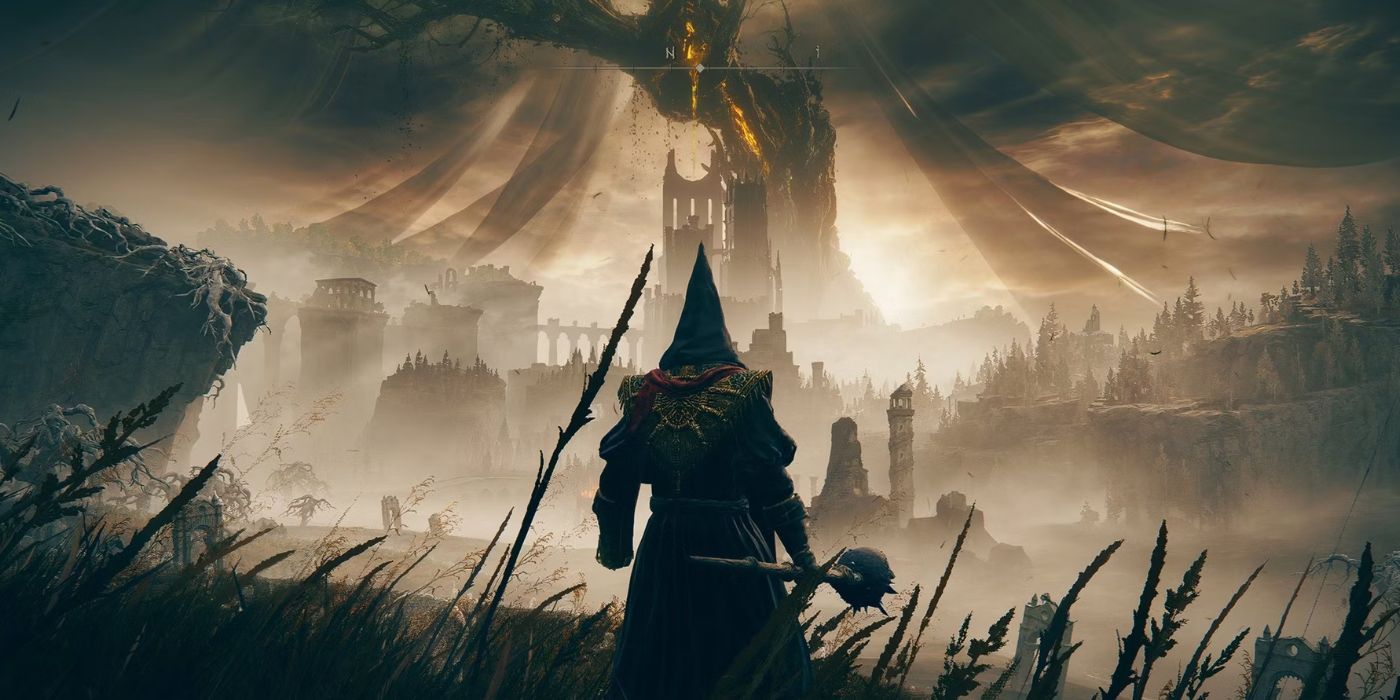
I don’t think Black Myth: Wukong‘s approach would necessarily be the right one for FromSoft games, as those generally lean into the sense of commitment in a way that’s not just a vague obligation. Dropping souls, runes, or any other equivalent enhances the sense of fear around every corner, and careful play makes it possible to thrive without grinding. It’s possible to pay to respec in Elden Ring with Larval Tears (the system that I actually don’t click with is the implementation of weapon Smithing Stones), but the emphasis on one committed build can make subsequent playthroughs feel vastly different.
As far as Black Myth: Wukong goes, however, the game isn’t really leaning on the sense of grasping for hope that colors a lot of the soulslike genre. The Destined One has serious trials ahead of him, but he is, after all, the Destined One. Even without the full extent of the powers that Sun Wukong exhibited in Journey to the West, his rise feels inevitable, and empowering the player to do that in the way that they please works well.
With some action RPGs, I’d be perfectly happy to give up skill trees altogether and focus on linear advancement, so it’s not that my preference is necessarily for complete player freedom. When skill trees are in play, however, I think more games that focus on power fantasy experiences could benefit from trying out a freeform, no-consequence approach to respeccing. Black Myth: Wukong certainly proves that build investment isn’t a critical cornerstone of action RPG design, and if anything, it frees the game up to make the bosses harder without worrying about frustrating players too much.
Free respeccing is ultimately a matter of preference more than anything else, and I don’t have any problem with people holding the opposite opinion. It’s good to have diversity in game design, though, and Black Myth: Wukong bucking a trend that’s common among similarly challenging games shows its commitment to its own vision. Black Myth: Wukong might not be a fundamentally trailblazing action RPG, but I’d still like to see some other games take inspiration from its strongest decisions.
Editor’s Note: The studio behind Black Myth: Wukong , GameScience, has previously been accused of fostering a toxic environment for its workers. The 2023 allegations include sexualized comments against women, misogyny, fatphobia, and more. More details can be found here .
News
Disturbing Theory About The Rings Of Power’s Dark Wizard Changes How You See The Hobbit
The Lord of the Rings: The Rings of Power has been utilizing mysteries as a plot device since season 1, and now the Dark Wizard remains its biggest enigma, with one identity theory making The Hobbit darker. With Rings of Power season 1 focusing on which character…
This 2018 Movie Was Supposed To Replace The Hunger Games, But Became One Of Cinema’s Biggest Box Office Bombs
The 2018 film, Mortal Engines, had the potential to become the next Hunger Games, but it ended up being one of the biggest box office failures. Adapted from Philip Reeve’s novel of the same name, Mortal Engines takes place in a post-apocalyptic world where…
This 5-Season Sci-Fi Show With 90% On Rotten Tomatoes Needs A Reboot Now More Than Ever
One critically acclaimed sci-fi TV show needs a reboot, as it would provide the world with the time travel story it needs right now. Fringe is an underrated TV show with 90% on Rotten Tomatoes, and it set the standard for a lot…
Netflix’s Terminator Show With Record-Breaking Rotten Tomatoes Score Confirmed A Harsh Truth About The Sci-Fi Franchise
Terminator Zero has the best Rotten Tomatoes score for the franchise since Terminator 2: Judgment Day, which, in addition to The Sarah Connor Chronicles, confirms that Terminator is better off on TV. Terminator is sadly one of the franchises where there are more disappointing movies than good ones….
Prime Video’s New Apocalyptic Zombie Movie Becomes Streaming Success
Prime Video‘s new apocalyptic zombie movie has become a streaming success. Amazon’s streaming service has been consistently producing original movies since 2019, although they take on a variety of genres, they started making horror movies about a year in, including Black…
Dragon Age: The Veilguard Continues One Of The Series’ Biggest Problems
As the long-awaited fourth game in the Dragon Age series, Dragon Age: The Veilguard has some fans split on whether it’s a worthy sequel – especially after a 10-year wait since the initial release of Dragon Age: Inquisition in 2014. For all of Veilguard‘s perceived merits and…
End of content
No more pages to load
